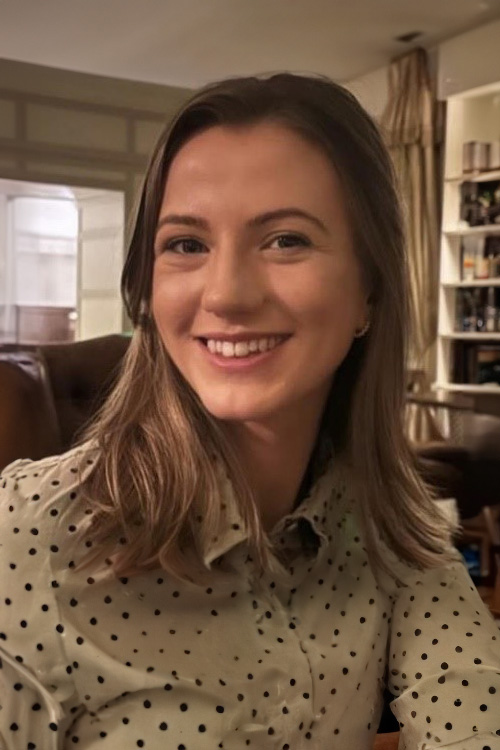
Research profile
Orla McHugh
PME in Primary Education
Orla believes this pedagogical approach has such wonderful potential in supporting learning and development for children of all ages and in all classes.
Research Paper Title
Teachers’ Perspectives on the Use of Aistear in Supporting Children’s Development in the Infant Classrooms
Abstract
This study explores the use of play-based learning through Aistear in supporting primary school children’s development. The researcher selected an interpretivism paradigm through purposive sampling. Situated in the northwest of Ireland, semi-structured interviews were conducted with five participating Infant teachers (n=5). Findings illustrate that Aistear is positively used to facilitate play-based learning, which undoubtedly supports the holistic development of children. Furthermore, challenges were identified that include a lack of resources and personnel. This study recommends mandatory training for teachers in the Aistear framework to support effective implementation of play-based learning in the Infant classroom.
Biography
Orla McHugh completed her Professional Master of Education (PME) in Primary Education with Hibernia College in 2023. Prior to this, she graduated with a first-class honour’s degree in Early Childhood Care, Health and Education from Letterkenny Institute of Technology. Orla has a keen interest in play-based learning and the valuable contribution it has in supporting children’s learning and development. This passion influenced this research project in focusing on play-based learning with particular emphasis on the use of the Aistear framework in supporting children’s development in the Infant classrooms. Orla is currently teaching Third-class and is bringing her knowledge from completing this dissertation into her classroom. Orla believes this
pedagogical approach has such wonderful potential in supporting learning and development for children of all ages and in all classes.
Research motivation
Can you tell us a bit about your research project?
Play-based learning has been researched and supported by many educational theorists throughout the years. This playful pedagogy is becoming more apparent in classrooms today. Therefore, it is crucial that teachers know how to effectively implement this approach in order to support children’s holistic learning and development. The main aim of this research project was to discover teacher’s perspectives on the use of play-based learning in the Infant classrooms. The goal was to examine the benefits and challenges faced by teachers with particular emphasis on the use of Aistear in supporting children’s development in the Infant classrooms.
What motivated you to undertake this research?
My undergraduate degree in Early Childhood Care, Health and Education allowed me to become very familiar with the importance of play-based learning for young children in terms of their learning and development. Throughout my studies, I undertook practice placements and considered play-based learning as an essential methodology in the early years. It was during this time where I gained keen interest in this methodology as I observed the benefits of such a pedagogy first hand. Therefore, as I undertook the PME programme and carried out further teaching placements, I saw potential for this effective methodology in the primary school setting. I wanted to examine how play-based learning was being facilitated in classrooms with particular emphasis in the Infant classrooms. This research allowed me to investigate the topic further and to become more knowledgeable in regard to play-based learning in the Infant classrooms.
What impact has it had on your practice?
My research has hugely impacted my practice, and I have considered all the findings and recommendations that I discovered throughout my research project in my current practice. I am now even more aware of the valuable contribution it has in supporting all children in their learning and development. I believe it will be one of the most important pedagogies in the coming years as the benefits are endless. Play is now very apparent in the new primary school curriculum and I can see why this emphasis has been made after carrying out my own research.
How important do you feel research will be in your future practice?
This research will be very important for me in my future practice. The knowledge I acquired from completing this project will be beneficial throughout my career as a primary school teacher. As I am aware of the benefits, I will most certainly facilitate play-based learning to support my teaching of the curriculum as it is an effective methodology to support learning and holistic development. I believe this pedagogical approach has such wonderful potential in supporting learning and development for children of all ages and in all classes and I hope it will be visible in all classes in the future.